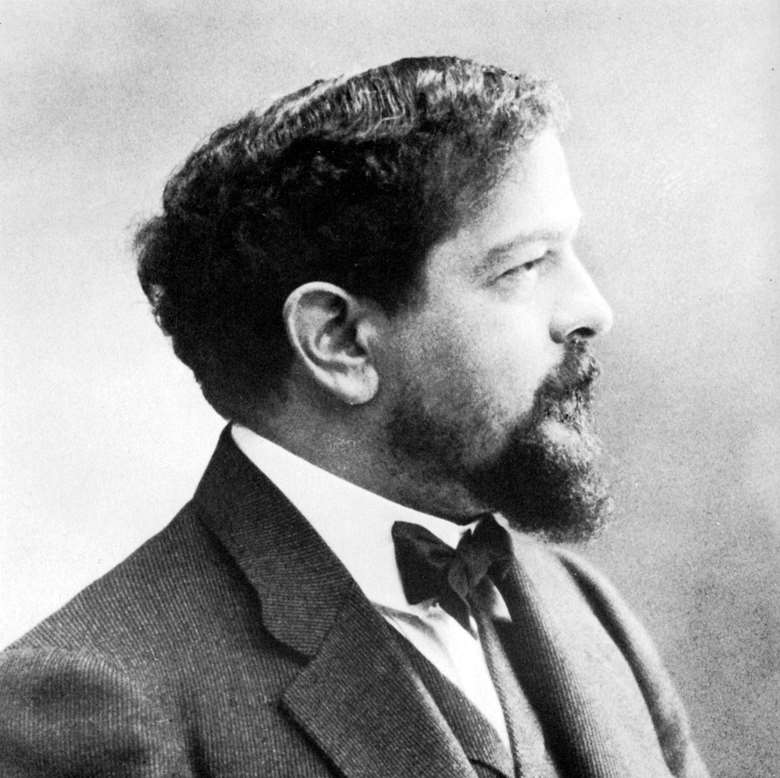After Debussy’s Jeux, what next?
Mark Seow
Friday, June 14, 2024
In this month’s guide to further listening, Mark Seow suggests a soundtrack to a summer of sport, starting with Debussy’s danced ballet, the tennis-themed Jeux

With Wimbledon around the corner, my opening serve is Debussy’s Jeux, a ballet with a surrealist tennis match at its centre. But that’s putting it too concretely: a boy and two girls search for a lost tennis ball in a garden at dusk. According to the composer, Jeux was a ‘poème dansé’ – a danced poem – and the latest recording from Klaus Mäkelä and the writhing woodwinds of the Orchestre de Paris (2024) brings out its athletic qualities. If you’re after fuzzy summertime warmth, the period instruments of Les Siècles conducted by François-Xavier Roth (Harmonia Mundi, 12/18) provide irresistible timbres and tactile sway.
In this summer of sport, tennis is only one option. The upcoming Olympic and Paralympics Games in Paris remind me of an opera that has been doing the rounds this year: Vivaldi’s L’Olimpiade. The 1734 opera was a turning point in Vivaldi’s career, and its success opened up the Venetian theatres to him. Rinaldo Alessandrini’s interpretation (Opus 111, 3/03) is particularly fine, and you’re unlikely to find a more electric opening Sinfonia. Though the plot is only tangentially related to the Games, there’s muscularity throughout – Aristea’s Act 1 aria ‘E troppo spietato’ is a perfect example.
Vivaldi wasn’t the first to take on this particular tale. Metastasio’s libretto was first set by Antonio Caldara in 1733 – and then by over 50 different composers over the next 50 years. Caldara is well represented by Philippe Jaroussky and Concerto Köln (Erato, 1/11), whose performance of the aria ‘Mentre dormi amor fomenti’ is lovely.
Indeed, the jostling competitiveness between composers in setting Metastasio’s text is captured in a pasticcio album from Markellos Chryssicos and the Venice Baroque Orchestra (Naive, 9/12). Giuseppe Sarti’s aria ‘O care selve, oh cara felice libertà!’, lushly sung by Karina Gauvin, is an unknown surprise.
Returning to the 18th century is a good reminder of how music and sport were not always such distant cousins. The violinist and expert fencer Joseph Bologne, Chevalier de Saint-Georges, was not an anomaly – until 1920, one had to study fencing at the Dresden Hochschule when learning the violin. I’m enjoying the elegant lunging and posturing of Ensembles Masques and Olivier Fortin in their recording of Schmelzer’s Die Fechtschule, a depiction of clanging swords at a fencing school (Zig-Zag Territories, 3/14).
This feature originally appeared in the July 2024 issue of Gramophone. Never miss an issue of the world's leading classical music magazine – subscribe to Gramophone today











